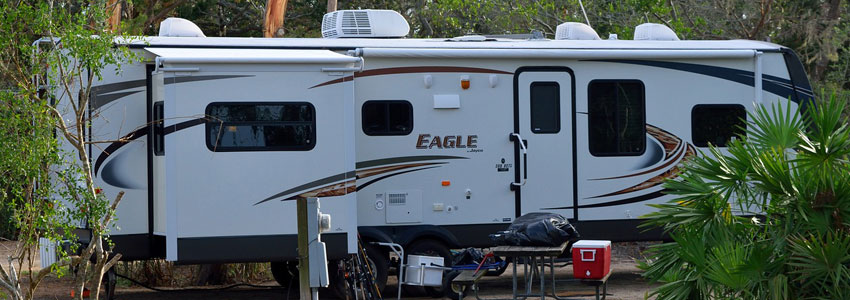Whether you’ve made the decision to invest in a rental property and become a landlord or have become an ‘accidental landlord’ and now need to rent out your home, being a landlord means there are lots of rules and regulations to adhere to.
Being a landlord can be daunting and it is important to know your responsibilities before you find suitable tenants.
Here are some of the responsibilities you’ll need to be aware of when you become a landlord:
Tenancy agreement
You will need to draw up a tenancy agreement which is the contract between you and your tenants. It lays out the legal terms and conditions that you and your tenant need to adhere to whilst they’re renting out your property.
The most common type of agreement in the UK is an Assured Shorthold Tenancy in England & Wales. The terms of the tenancy must be fair and comply with the law. You can find further details about what needs to be included in a tenancy agreement and download a template here.
Inventory Agreement
Although it is not a legal requirement, it’s best practice, as a landlord, to create an inventory list at the beginning and end of each new tenancy agreement.
The inventory records the condition of each room such as walls, ceiling, floors, paintwork, furniture, appliances, windows and doors. It should also include a list of the contents of each room.
The tenant should review the inventory against the property and request any amends if something is incorrect, missing or broken. Once both parties are satisfied the inventory is accurate, it should be signed, dated and copied for records.
Having an accurate inventory in place is particularly helpful to landlords if disputes arise over the deposit at the end of a tenancy agreement.
Tenancy deposit scheme
A deposit must be held in a government-backed tenancy deposit protection scheme (TDP). It has to be placed into a scheme within 30 days of receiving it from a tenant. There are three schemes to choose from: Deposit Protection Service, MyDeposits and Tenancy Deposit Scheme. Visit our guide for details of these schemes.
The deposit must be returned to the tenant within 10 days once a tenancy agreement ends. If there is a dispute with your tenants, the deposit will remain protected in the TDP scheme until the issue is resolved.
It is worth noting that you can be taken to court by your tenants if you don’t place the deposit money in one of these schemes and a dispute arises regarding deposits.
Increasing rent
Any proposed rent increase must be fair and in line with average local rents. You can state the procedure of rent increases in the tenancy agreement, otherwise, seek permission from the tenant. You must give one months notice if the rent is paid weekly or monthly and six months notice if you pay annually.
Maintenance and repairs
It’s important to clearly state in the tenancy agreement who is responsible for repairs. The majority of repairs are the landlord’s responsibility such as: bathroom fittings, pipes, drain, heating, gas appliances, ventilation and electrical wiring.
Smaller repairs and maintenance is the responsibility of the tenant and could include: general maintenance such as light bulbs, cleaning and tidying, maintaining neat decoration and garden.
Carrying out property checks
If you need to inspect the property to assess work requirements, you are required by law to give 24 hours’ notice to the tenant.
Property safety
There are a number of health and safety legal requirements that landlords need to be aware of. Electric safety certificates are needed to verify that all electrical equipment in the property is safe to use.
All gas appliances must be installed and maintained by a gas safe registered engineer and annual gas safety checks are required on each appliance. A copy of the gas safety check record should be given to your tenant before they move in, or within 28 days.
If you are renting out a furnished property, the furniture must meet fire safety standards. Each storey of a property requires a smoke alarm and a carbon monoxide alarm in all rooms with fuel burning.
As ever, for more free mortgage advice feel free to visit Propillo and review our range of mortgage guides, mortgage calculators or run a smart search online to find the best mortgage deals for you.




